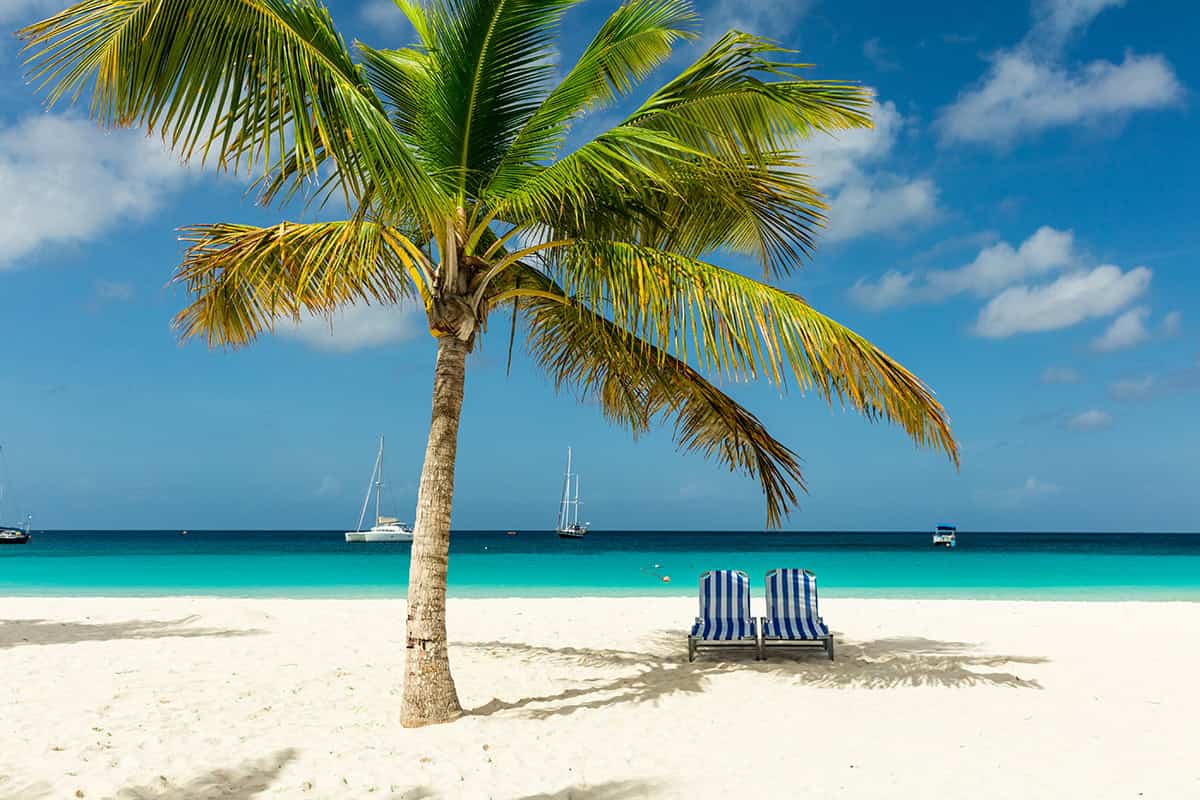Mastercard has issued a call to action for financial technology companies to solve financial issues in the Caribbean. In return, Mastercard offers expertise in complying with regional regulations, market entrance and the ability to license and certify products.
“We’re more a network that enables various fintech to introduce new products into the market within the context of local regulations,” Mastercard’s country manager for Barbados, Jamaica, Trinidad & Tobago and the Eastern Caribbean, Dalton Fowles, told the Trinidad and Tobago’s Daily Express.
Fowles cited the example of digital payments for small and midsize businesses, especially local mom-and-pop shops. He said tap-to-pay options will appear in the region soon.
Helping those small businesses can be a boon for the broader economy. The Caribbean Development Bank reports that micro, small and midsize enterprises (MSMEs) account for around 50% of regional jobs and 60% to 70% of GDP.
The region’s unbanked are another prime target of fintech solutions. According to the National Financial Literacy Programme, an estimated 19% of the population in Trinidad and Tobago were unbanked in 2022. In Jamaica, this rises to about 22%, stated the Bank of Jamaica in its 2024 National Financial Inclusion Report. Some estimates put the number of unbanked in the Caribbean at two-thirds of its 45 million inhabitants.
Last year saw the launch of the Caribbean Fintech Sprint for Financial Inclusion, an open call for solutions to regional financial issues backed by the European Union and the United Nations Capital Development Fund. The winners were Unqueue and MLajan Mobile Wallet. Unqueue helps smallholder farmers access markets, while MLajan Mobile Wallet provides digital financial services in Dominica.
A Mastercard white paper released in March 2024 relating to remittances, or cross-border payments, highlighted digital offerings to cash environments, transaction transparency and safety, regulatory compliance, convenience, and value as critical to potential products and services. Mastercard studies have found that some Caribbean markets have 30% to 45% of their GDP in cash, which Fowles believes is ripe to be digitized.
